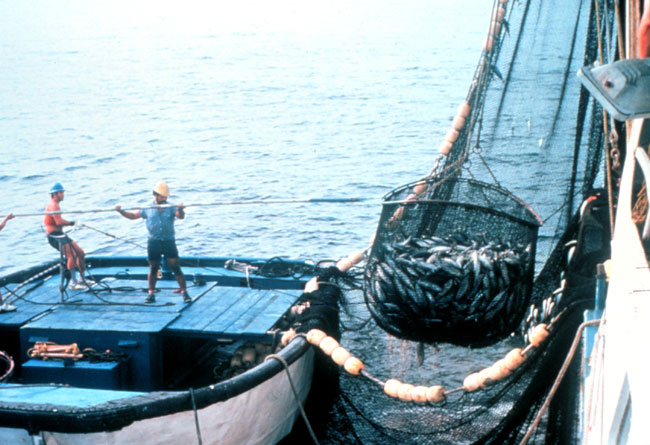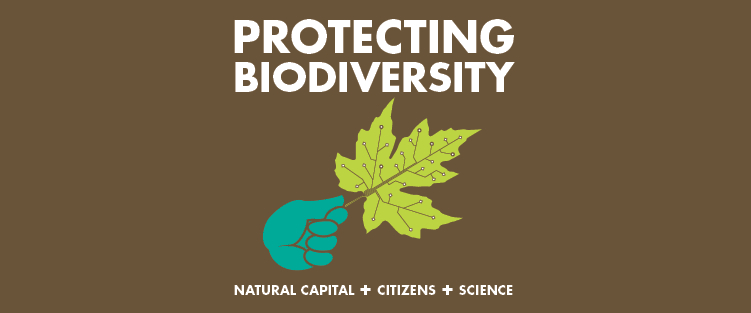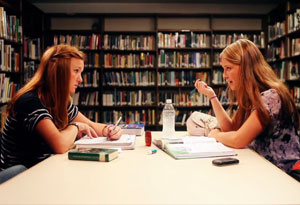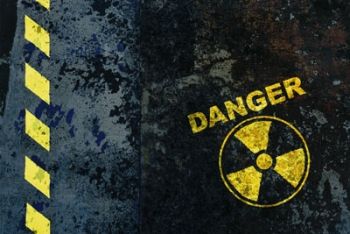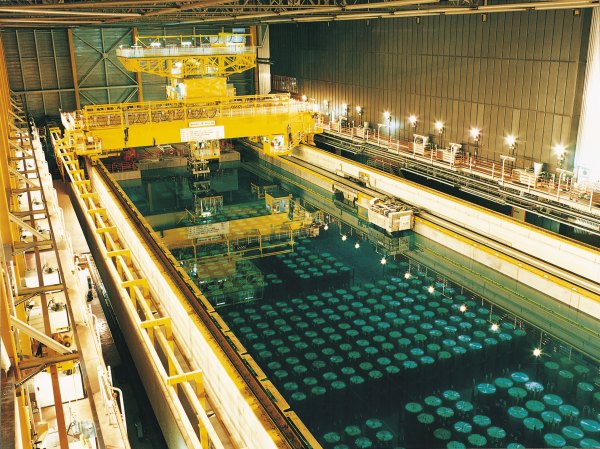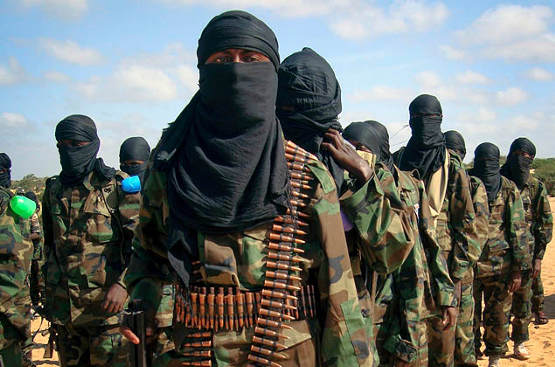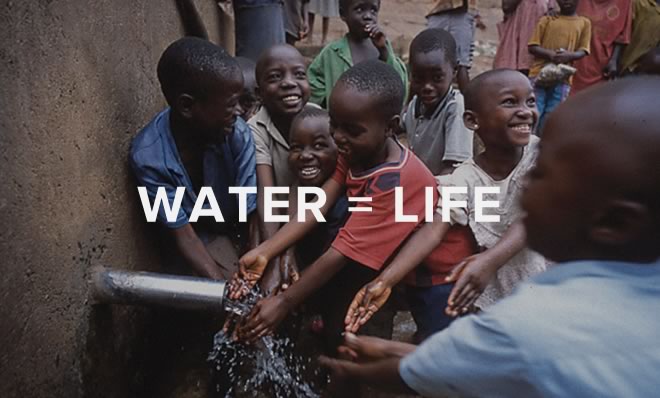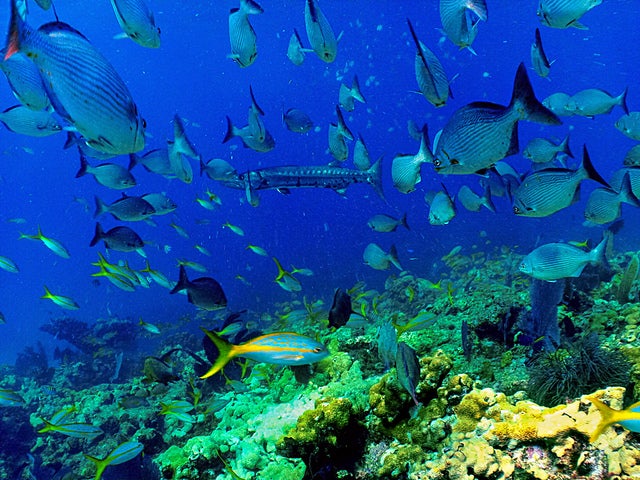Let's talk a bit about this graph. Interstate conflict seems to be the most likely risk to happen, and its impact is one of the highest, too. But what is interstate conflict? Simple, it's a conflict that happens between states/countries. The war of the U.S and its allies against ISIS is an interstate conflict. Sanctions that the U.S give to Russia because of events that have happened in Ukraine is another interstate conflict. Interstate conflicts has becoming more and more frequent nowadays, and their impact is becoming greater. In fact, "Having not featured prominently in previous editions of the report, interstate conflict is this year considered the most likely high-impact risk over the next 10 years, or indeed perhaps even sooner." (Global Risk Report 2015) It seems that if nothing is done to prevent interstate conflict, then the future that we're heading toward at is going to be a bloody one.
 |
| Things does not look good this year. |
"...weather extremes in food-producing regions are already causing price increases and suggests that the impact of climate change on weather patterns and rainfall – causing either floods or droughts – could cut crop yields by up to 25%." (Global Risk Report 2015)Climate change can also affect the behavior of animals and plants. Already we are seeing animals appeared in regions far away from their usual territories, forests caught on fire, ecosystems got destroyed. Heck, polar bears have been found on floating ice blocks, not knowing where to go because their homes have melted. And who cause all of this? Most likely: humans. Human activities for the past 250 years have been destroying the planet faster and faster everyday.
Take pollution for example, the current level of atmospheric concentration of three major greenhouse gases in the atmosphere are at their highest in 800,000 years. As the result, heat from the sun is trapped on Earth due to these gases, which makes the world hotter. Heat waves in India have already claimed more than 2500 lives in just a month. Some regions have reached a temperature close to 48 degree Celcius (that's 118 degree Fahrenheit!) But somehow, there's still politicians who claimed that global warming isn't real. (I'm looking at you, James Inhofe). With a situation as severe as it is now, actions are needed to be make in order to prevent the environment and everything in it from being destroy, by us.
So far, we've talked about political risks and environmental risks. But what about economical risks? The economy is a very complex and delicate structure that connect many aspects of society together. Since there are so many things connected to each other, an error might cause a failure to a huge sector of the system, or even the system itself if the error is big enough. And with a structure as complex as the economy, it's hard to maintain it from collapsing.
And finally, one of the newer issues in our list, cyber crime is becoming more and more of a serious issue. With technology surrounding us 24/7, we are constantly vulnerable against cyber attacks. Whether we're working or sleeping or watching tv, there's always a risk that someone's going to hack into your computer to steal your private information like your bank account, your social id, etc. With just a bit of knowledge about hacking, almost anyone can steal information away from you. But information and identity aren't the only thing you need to be worry losing. Many cars nowadays have control systems to operate the car. The danger part is that you can gain access to the control system remotely. That means that hackers can lock you in your car and wait until you're suffocated, or drive your car straight into other vehicles on the road, or simply throw you of the bridge into the river. Cyber crime has never been more dangerous. And with technology becoming more and more advance, cyber crime can grow even larger and more lethal in the future.
Finally, here's a graph showing the risks that each region in the world is less prepare for. Hopefully, this blog has helped you learn a bit more about what we're going to face in 2015.
Sources:
http://reports.weforum.org/global-risks-2015/#read
Global risk infographics:
http://reports.weforum.org/global-risks-2015/top-10-infographics/
Interstate conflict:
http://reports.weforum.org/global-risks-2015/part-1-global-risks-2015/growing-worries-about-conflict/
Environmental risk:
http://reports.weforum.org/global-risks-2015/part-1-global-risks-2015/environment-high-concern-little-progress/
So far, we've talked about political risks and environmental risks. But what about economical risks? The economy is a very complex and delicate structure that connect many aspects of society together. Since there are so many things connected to each other, an error might cause a failure to a huge sector of the system, or even the system itself if the error is big enough. And with a structure as complex as the economy, it's hard to maintain it from collapsing.
And finally, one of the newer issues in our list, cyber crime is becoming more and more of a serious issue. With technology surrounding us 24/7, we are constantly vulnerable against cyber attacks. Whether we're working or sleeping or watching tv, there's always a risk that someone's going to hack into your computer to steal your private information like your bank account, your social id, etc. With just a bit of knowledge about hacking, almost anyone can steal information away from you. But information and identity aren't the only thing you need to be worry losing. Many cars nowadays have control systems to operate the car. The danger part is that you can gain access to the control system remotely. That means that hackers can lock you in your car and wait until you're suffocated, or drive your car straight into other vehicles on the road, or simply throw you of the bridge into the river. Cyber crime has never been more dangerous. And with technology becoming more and more advance, cyber crime can grow even larger and more lethal in the future.
Finally, here's a graph showing the risks that each region in the world is less prepare for. Hopefully, this blog has helped you learn a bit more about what we're going to face in 2015.
Sources:
http://reports.weforum.org/global-risks-2015/#read
Global risk infographics:
http://reports.weforum.org/global-risks-2015/top-10-infographics/
Interstate conflict:
http://reports.weforum.org/global-risks-2015/part-1-global-risks-2015/growing-worries-about-conflict/
Environmental risk:
http://reports.weforum.org/global-risks-2015/part-1-global-risks-2015/environment-high-concern-little-progress/





























